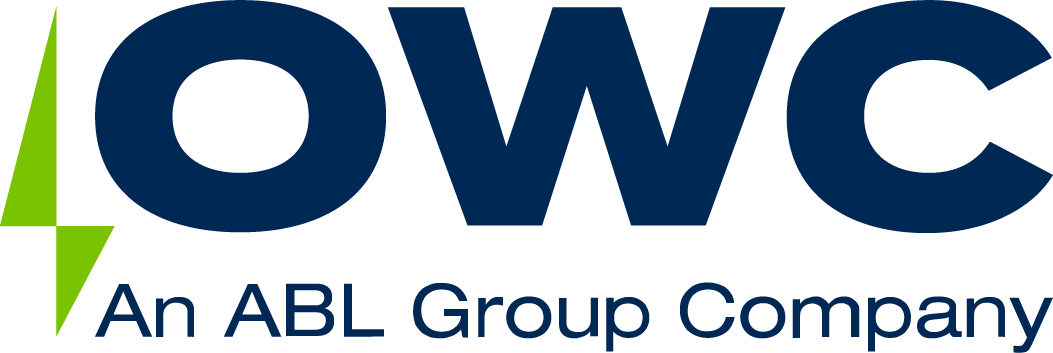From Price to Progress: Impacts of evolving offshore wind auction criteria
OWC Senior offshore wind consultant, Kirsty Watt, shares insights into the evolving offshore wind auction landscape, and namely an increasing transition to a more holistic set of criterion and the emergence of non-price criteria (NPC). Whilst NPC aims to drive increased social and community value for local markets from planned offshore wind projects, what impacts in practice can we already see that NPC has on offshore wind today and potentially for tomorrow?
The evolution of auction frameworks in the offshore wind industry is transitioning towards a more comprehensive approach that extends beyond price considerations. Non-Price Criteria (NPC) has emerged as a pivotal element in many auctions, marking a shift towards acknowledging broader themes. A notable example is the Bundesnetzagentur, which has allocated a significant portion, up to 37%, of total points to non-price initiatives.
The drive behind embracing NPC lies in fostering enduring economic growth within local communities, even beyond the operational lifespan of offshore wind farms. Norway, for instance, emphasises the importance of bidders creating positive ripple effects in local economies and supporting Small and Medium Enterprises (SMEs) in the supply chain to fortify the industry.
Given the persistent challenge of a constrained supply chain in project development, other countries are following suit in prioritising the preparation of successful developers to stimulate growth and attract investments in the region. Japan’s Round 3 guidelines, for example, require bidders to enhance the local supply chain by investing in education, training of maintenance personnel, and generating employment opportunities.
While highlighting local content in project development holds promise for communities to benefit from offshore wind initiatives, Taiwan exemplifies how an excessive focus on local content can lead to developers losing control over their target Commercial Operation Date (COD) and encountering complications due to global inflation affecting project economics.
On the environmental front, countries like France and the UK are placing substantial emphasis on environmental protection and biodiversity preservation within their auction frameworks. France allocates points to environmental monitoring and supports biodiversity funds, while the UK weights stakeholder management, habitat restoration, creation, and enhancement in bid submissions for Round 5, while indicating the importance of leveraging data insights to enhance project outcomes.
Effective regulation, such as the Net Zero Industry Act, plays a vital role in evaluating the feasibility and robustness of project proposals beyond mere financial considerations. By prioritising sustainability and holistic assessments, authorities can pave the way for a more sustainable future for offshore wind energy.
By integrating a balanced approach that considers economic growth, environmental preservation, and regulatory oversight, auction frameworks can evolve to promote sustainable development and create lasting value for local communities and the industry as a whole.
Find out more about OWC’s comprehensive bid advisory support for offshore wind auction processes around the world, including our specialist expertise in environment and consenting:

Kirsty Watt
Snr. Offshore Wind Consultant
